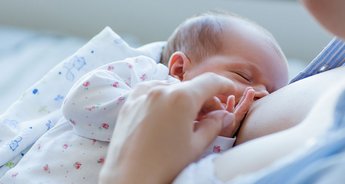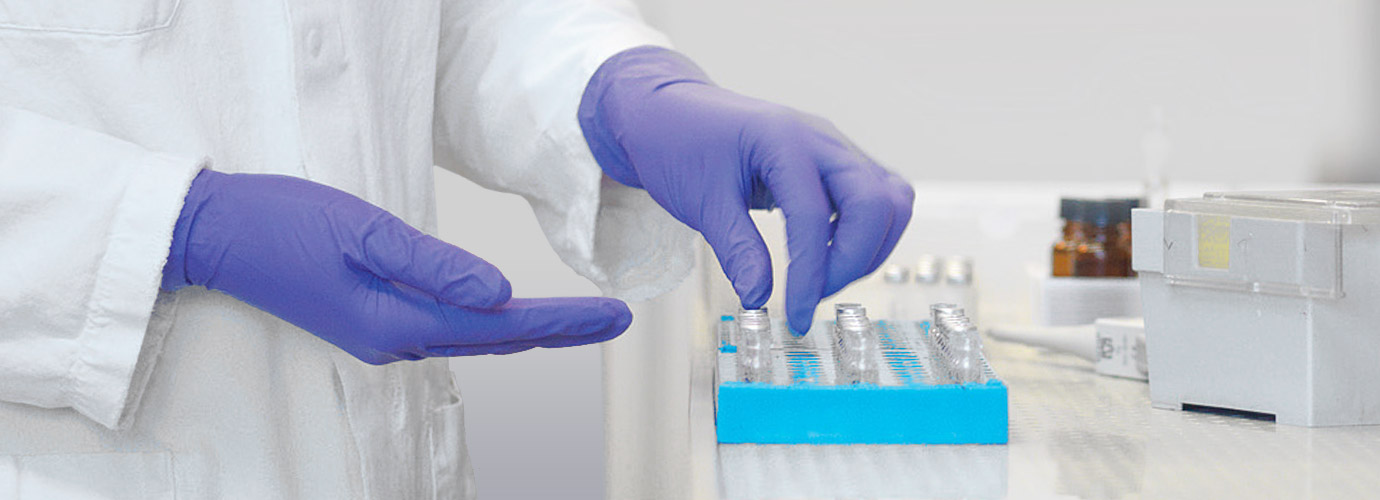Neonatal Virome: Human milk protects against pathogenic viruses

09.2020
Author Dr. rer. nat. Markus Brüngel
It is now widely accepted that the bacterial colonisation of an infant’s intestine after birth is a gradual process and that the intestinal microbiome forms quite quickly. In an article published recently in the renowned journal “Nature”, researchers reported that this principle also applies to colonisation by viruses [1]. The type of feeding also has a significant influence on the virome: human milk ensures that fewer pathogenic viruses occur in the baby’s intestine. These findings once again confirm that human milk plays an important role in the protection against infections in early childhood!
As part of their study, the researchers analysed stool samples from newborns 0 to 4 days after birth and then again one month and four months later. In the first four days after birth, the infants’ intestines were still virus-free. One month after birth, the stool samples contained not only some bacteria but also the first viruses – so-called bacteriophages. After four months, the infants’ intestines were already colonised by a large number of viruses, including those that are capable of infecting humans, causing e.g. respiratory or gastrointestinal tract infections.
The researchers examined various factors that influence colonisation and found that breastfed infants had fewer pathogenic viruses in their intestines than bottle-fed infants (9% vs. 30%). A closer look at the bacterial microbiome revealed that the number of beneficial intestinal bacteria (especially lactobacilli and bifidobacteria) was significantly higher in breastfed infants. These are regarded as essential for a healthy intestinal flora and have a considerable influence on the development of the immune system and thus on the susceptibility of the children to infections.
Non-breastfed babies usually have an unfavourable intestinal microbiota composition. However, it is possible to positively influence it with an appropriately fortified formula. A formula containing a combination of Lactobacillus fermentum and GOS (e.g. HiPP COMBIOTIC®) led to a significant increase in lactobacilli (+78%) and bifidobacteria (+70%) compared to a formula containing only GOS [2].
Referenzen:
1. Liang, G., Zhao, C., Zhang, H. et al. The stepwise assembly of the neonatal virome is modulated by breastfeeding. Nature (2020). doi.org/10.1038/s41586-020-2192-1
2. Maldonado J, Cañabate F, Sempere L et al. Human milk probiotic Lactobacillus fermentum CECT5716 reduces the incidence of gastrointestinal and upper respiratory tract infections in infants. J Pediatr Gastroenterol Nutr. 2012 Jan;54(1):55-61. doi: 10.1097/MPG.0b013e3182333f18


